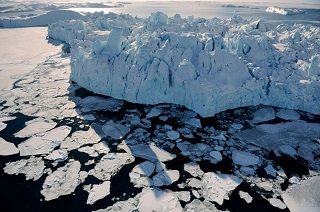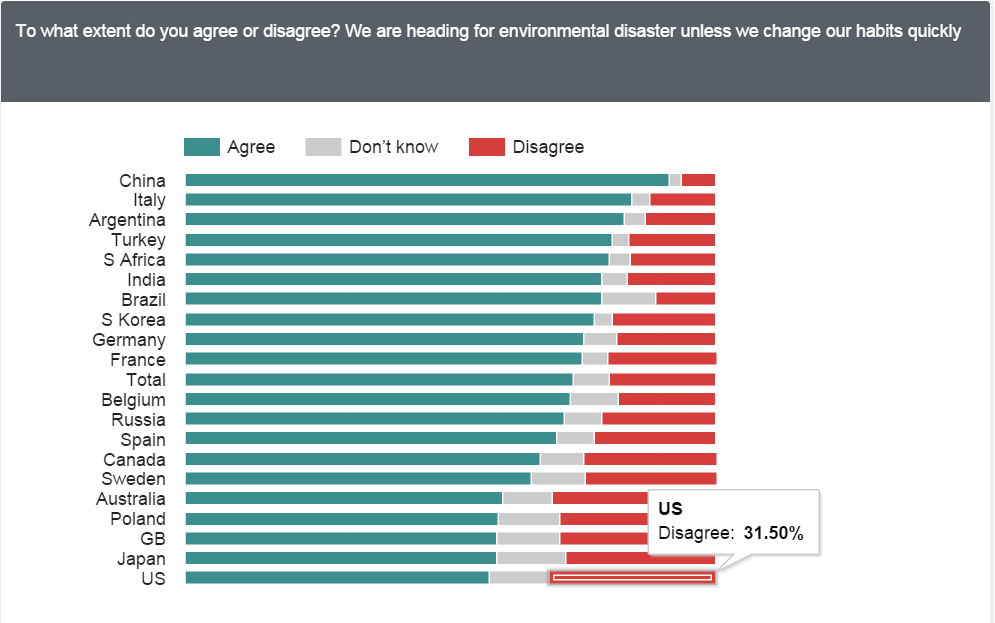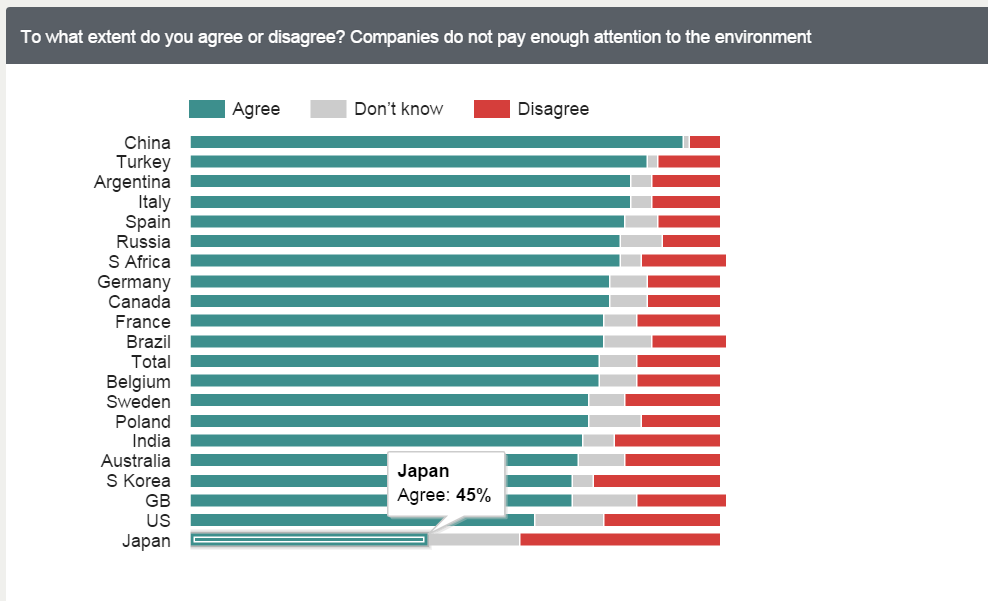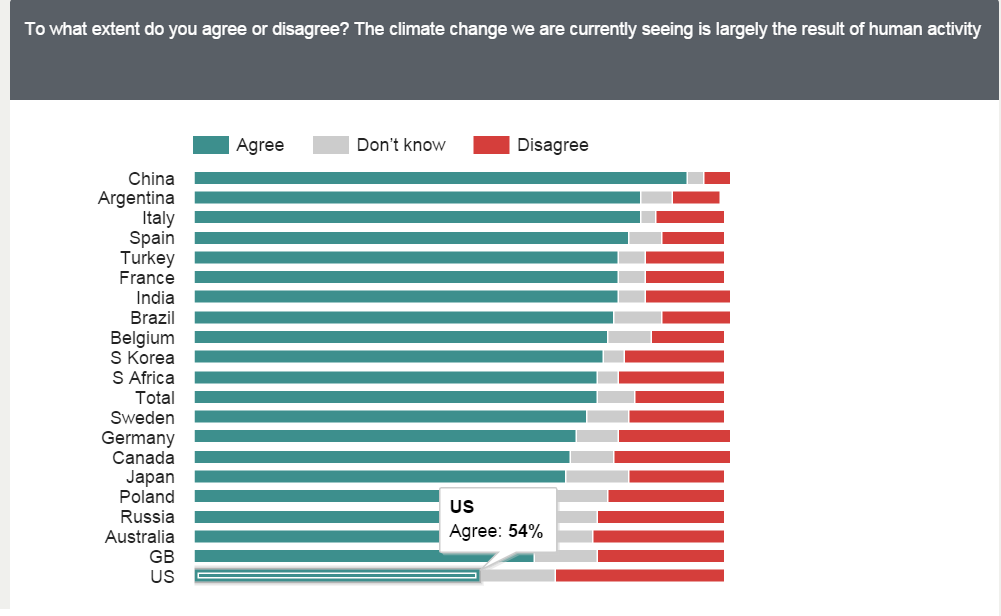From 2GreenEnergy Intern Fabio Porcu: Global Warming, a Real Issue

According to the fourth report of the Intergovernmental Panel on Climate Change (IPCC) in 2007, the average temperature of the Earth’s surface has increased by 0.74 ± 0.18 ° C during the Twentieth Century. Most of the increases in temperature have been observed since the second half of the century, and are attributed to the increase in the atmospheric concentration of greenhouse gases, especially carbon dioxide. This increase is largely the result of human activity, in particular the generation of energy by means of fossil fuels and deforestation. Rising temperatures are causing significant losses of ice and raising sea levels. Also there are visible consequences to the structure and intensity of rainfall, with consequent changes in the position and size of subtropical deserts. The majority of forecast models predict that warming will reduce glaciers, permafrost, and sea ice, with accompanying changes in the ecosystem and agriculture. Having said this, climate change will have different effects from region to region and will be difficult to predict its influence locally.
Despite the scientific community’s agreement that global warming is an important planetary issue, public opinion in different countries is not always accordant. To focus on this topic, I used the findings of the Global Trends Survey, an Ipsos survey conducted between September 3rd – September 17th, 2013 (Wave 1) and October 1st – October 15th (Wave 2).
The survey was conducted in 2014 in 20 countries around the world via the Ipsos Online Panel system: Argentina, Australia, Belgium, Brazil, Canada, China, France, Great Britain, Germany, India, Italy, Japan, Poland, Russia, South Africa, South Korea, Spain, Sweden, Turkey and the United States of America. Wave 1 included a total sample of 16,039 adults and Wave 2 comprised 16,167 adults. In the US and Canada respondents were aged 18-64, and 16-64 in all other countries. Approximately 1000+ individuals were surveyed in Australia, Brazil, Canada, China, France, Germany, India, Italy, Japan, Spain, Great Britain and the United States of America. Approximately 500+ individuals were surveyed in Argentina, Belgium, Poland, Russia, Saudi Arabia, South Korea, Sweden and Turkey. In developed countries where internet access is high, this can be taken as representative of the general working age population. However, in developing nations the results should be viewed as representative of a more affluent and “connected” population.
Trying to understand the public opinion in the different countries we will analyze the answers to questions regarding environmental issues:
- Do you agree that we are heading for environmental disaster unless we change our habits quickly?

- The second question that I would like to analyze is: do you agree that companies do not pay enough attention to the environment?

(To chime in here, I theorize that this is because Japanese people are fiercely loyal to the companies for which they work, and are extremely reluctant to impute any blame on them for any reason. – ed)
- The last question that grabs my attention is: Do you agree that the climate change that we are currently seeing is largely the result of human activity?
In my belief, this is the most important concept here. If people think that the fault is not due to human activity, they will never start to do something to change the situation. The result of this question shows we can see that two of the most developed country (US and GB) are those that most disagree with this. Of course, these are countries in which the oil companies are working their hardest to delude the citizens in this regard.
Obviously this is just a survey that takes into account a small part of the population and it should be considered as such.
In any case, climate change is a real issue that scientists of every country are studying with sophisticated methods, and they are finding with ever-increasing certainty that we cannot rely on fossil fuels forever.
To conclude this topic I would like to mention two native American proverbs:
“We do not inherit the earth from our ancestors; we borrow it from our children.”
“When the last tree has been cut down, the last fish caught, the last river poisoned, only then will we realize that one cannot eat money.”

